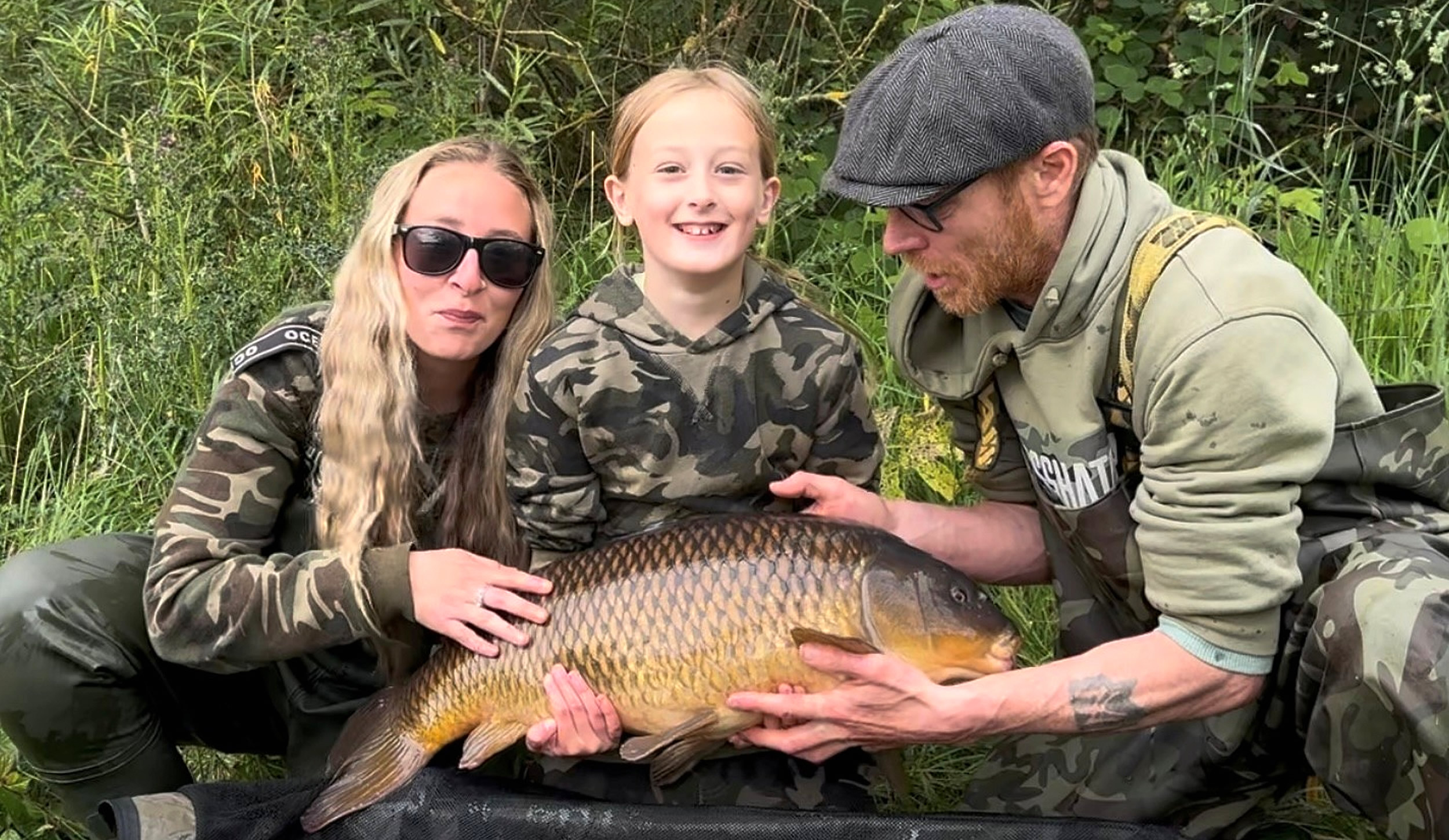
Campaigns
Further decline as government and regulators continue to fail salmon
The latest salmon stock assessment published yesterday (25th July) by the Environment Agency along with Natural Resources Wales and CEFAS shows a continued and dramatic decline in salmon numbers in our rivers.
Only one river in England and Wales, the River Tyne, is classified as “not at risk”. Those rivers classified as being “at risk” have jumped from 20 rivers (48%) in 2020 to an alarming 31 rivers (74%) in just one year, with rivers in the south west, north west and Wales being particularly badly hit.
In their briefing the Environment Agency claim “protecting and enhancing salmon has been a priority for the Environment Agency and NRW.” But yesterday’s assessment show that it’s a priority that simply isn’t working.
Stuart Singleton-White, Head of Campaigns at the Angling Trust, said:
“The Environment Agency published its salmon five-point approach in 2015, NRW have their salmon and sea trout plan of action, and both have signed up to the NASCO management plan. They claim that for over a decade they have worked closely together to, in their own words, ‘identify and implement actions to stabilise and protect threatened salmon stocks wherever possible.’ Yet from a decade or more of implementing actions, things have got worse.”
While the Environment Agency and NRW point to the threats and pressures facing salmon, including climate change, poor water quality, and barriers to migration, and cite some of the actions they have taken, they seem to be once more pointing the finger at anglers, commenting, “we have taken direct action to reduce the exploitation of salmon by both net and rod fisheries – we have achieved an overall catch and release rate in rod fisheries of 95% through a combination of both voluntary and mandatory controls. Further options are being considered in England to ensure that all remaining rivers that are now categorised as being “at risk” will meet 100% catch and release as well as ensuring that angler best practice measures are promoted…”
Stuart Singleton-White added:
“This continued push against anglers, when set against all the other pressures salmon face, is disappointing. We have long argued that working with us through voluntary methods is the best way to achieve a sustainable level of catch and release angling. The tendency to resort to byelaws and compulsory measures is disproportionate and is driving a wedge between the anglers who care passionately about their rivers and the salmon, and the regulators such as the EA and NRW.”
Mark Owen, Angling Trust Head of Fisheries, commented:
“Whilst we welcome the actions taken to remove barriers and improve water quality, too often this is piecemeal and does not form part of a comprehensive management plan for our salmon rivers. It is notable the one river that has improved, the Tyne, has done so, not because of restrictions on anglers, but due to improvement to water quality in the estuary. And while the success of Unlocking the Severn project is welcome, we need to see this type of approach across all our salmon rivers.”
The Angling Trust is calling on the EA, NRW, Defra and the Welsh Government to formally acknowledge this is a crisis. It sits at the heart of both the climate and biodiversity crisis and the governments must make more funding and greater capacity available immediately to respond to the alarming decline in salmon numbers in England and Wales, over a timescale that will give salmon a chance.
The UK government is committed to halting the decline in biodiversity by 2030 and increasing its abundance by 10 per cent by 2042. Yet, currently, that does not include salmon. This is a serious concern and one the government needs to change its position on.
You might also like

SENSAS FUTURE NETWORKS DO THE DOUBLE DOUBLE IN YOUTH…

NATIONAL GLORY FOR RAMMY AT LINDHOLME

Three British record fish claims ratified

Making plans for kids and holiday activities? Fun, safe…

Get Fishing Fund – Funded Project: Fishing Opens New…

Climate change fuelling dangerous river pollution across England and…

NEW BLOG: The best thing about fishing – from…

Ethan gets his Gold Get Fishing Award – young…

Summer of Fishing 2025 is here – get into…

Get Fishing Awards were at Bristol Festival of Nature…

VIDEO: It’s not all about the fishing… Check out…

ENGLAND TAKE GOLD IN HOME NATIONS BOAT CHAMPS

SENSAS FUTURE NETWORKS DO THE DOUBLE DOUBLE IN YOUTH…

NATIONAL GLORY FOR RAMMY AT LINDHOLME

Three British record fish claims ratified

Making plans for kids and holiday activities? Fun, safe…

Get Fishing Fund – Funded Project: Fishing Opens New…

Climate change fuelling dangerous river pollution across England and…

NEW BLOG: The best thing about fishing – from…

Ethan gets his Gold Get Fishing Award – young…

Summer of Fishing 2025 is here – get into…

Get Fishing Awards were at Bristol Festival of Nature…

VIDEO: It’s not all about the fishing… Check out…

ENGLAND TAKE GOLD IN HOME NATIONS BOAT CHAMPS

SENSAS FUTURE NETWORKS DO THE DOUBLE DOUBLE IN YOUTH…

NATIONAL GLORY FOR RAMMY AT LINDHOLME

Three British record fish claims ratified

Making plans for kids and holiday activities? Fun, safe…

Get Fishing Fund – Funded Project: Fishing Opens New…

Climate change fuelling dangerous river pollution across England and…

NEW BLOG: The best thing about fishing – from…

Ethan gets his Gold Get Fishing Award – young…

Summer of Fishing 2025 is here – get into…

Get Fishing Awards were at Bristol Festival of Nature…

VIDEO: It’s not all about the fishing… Check out…









